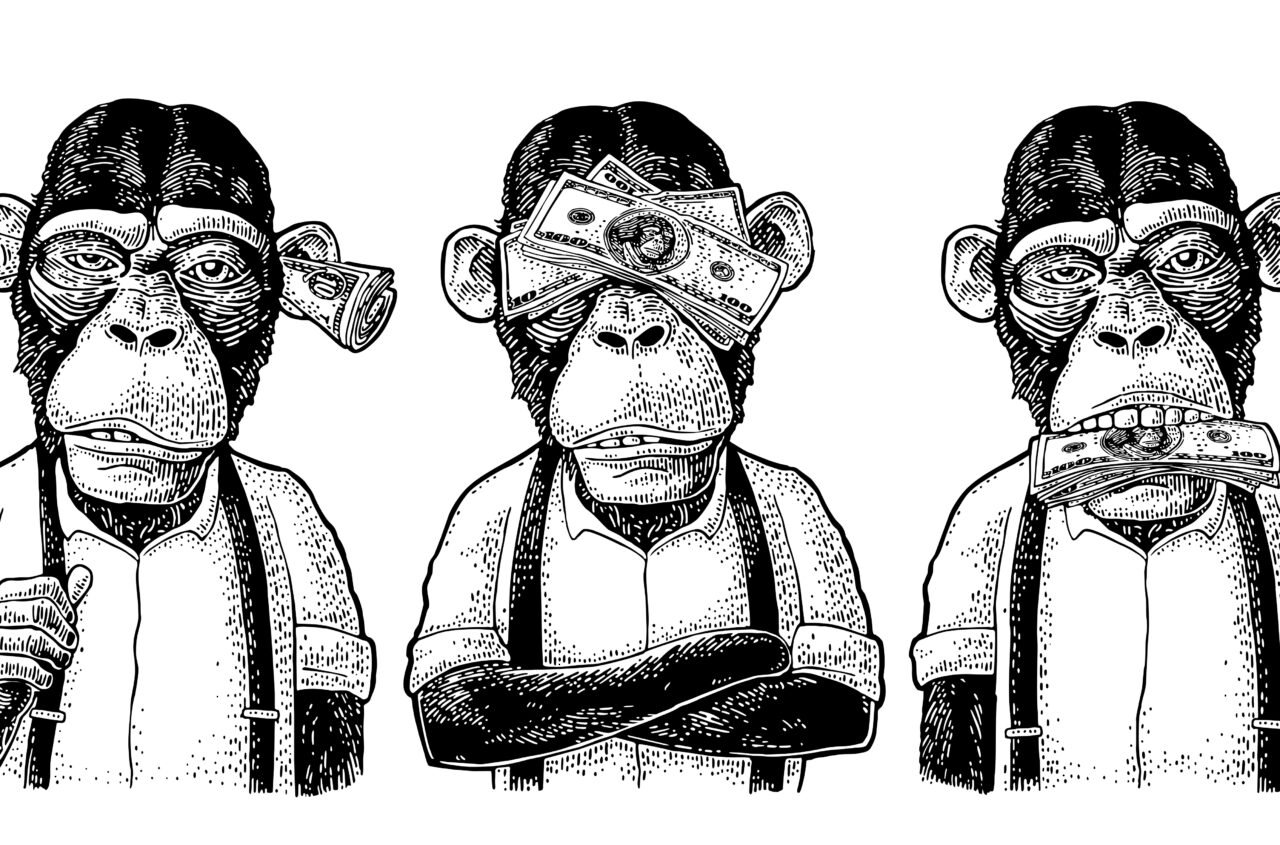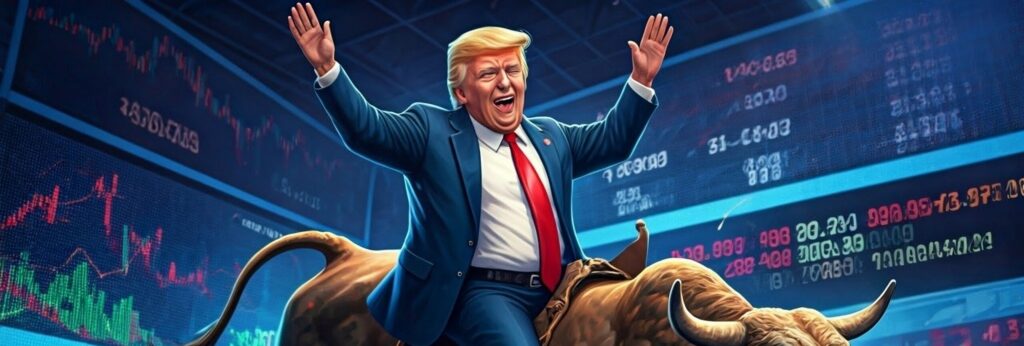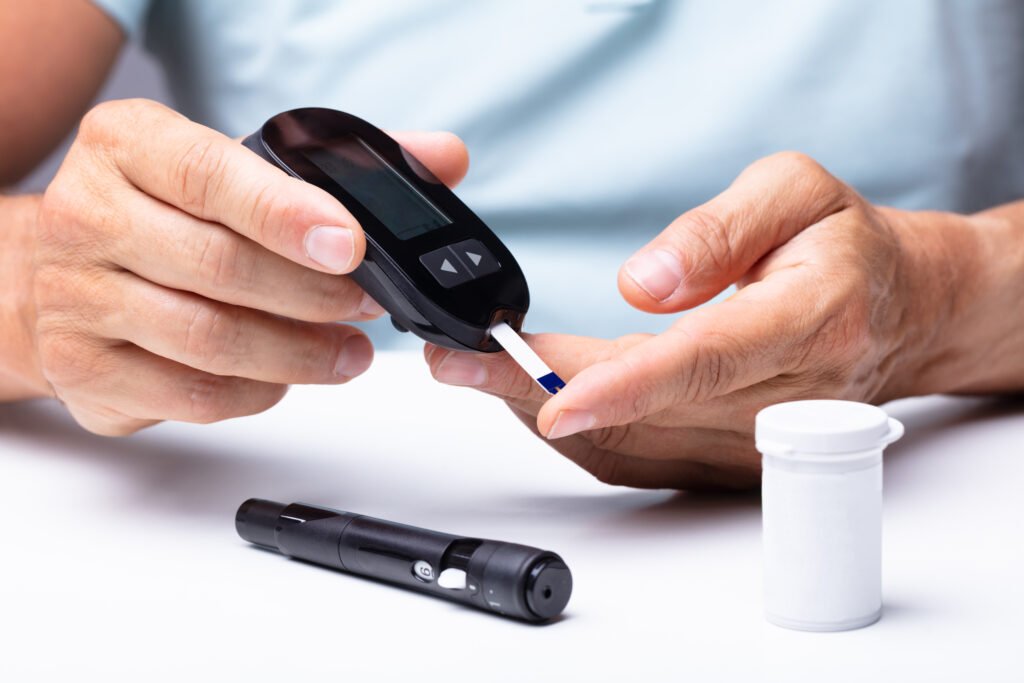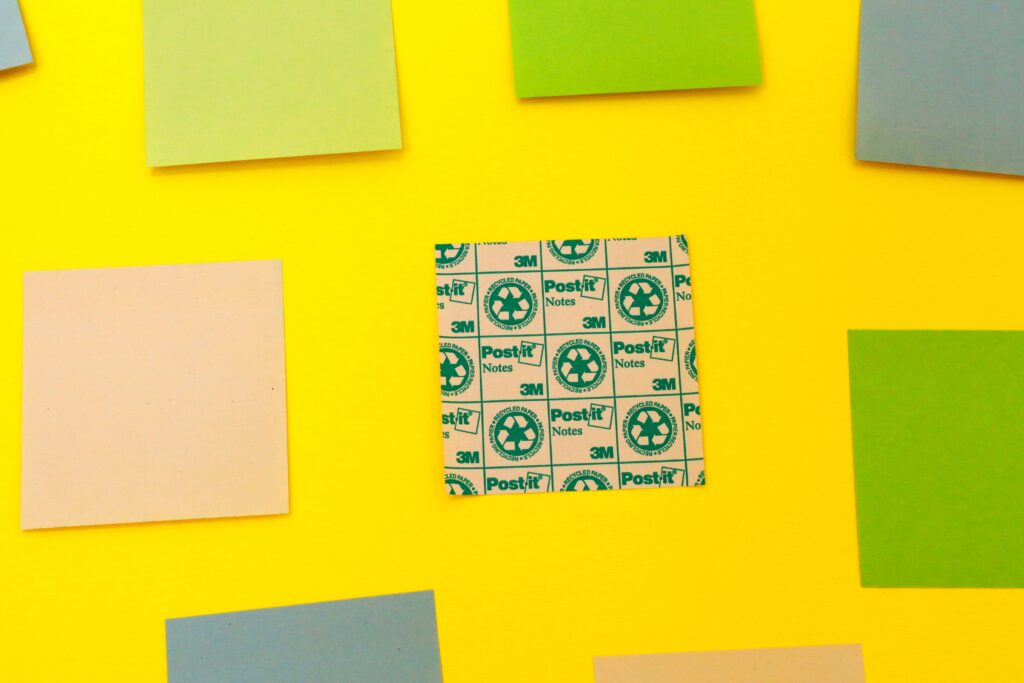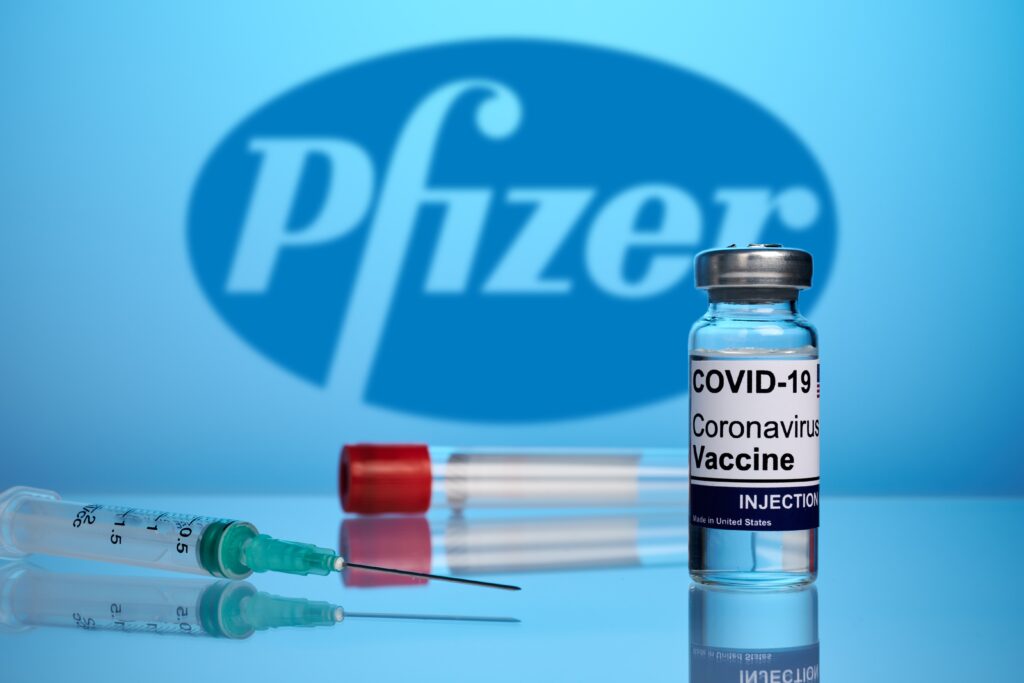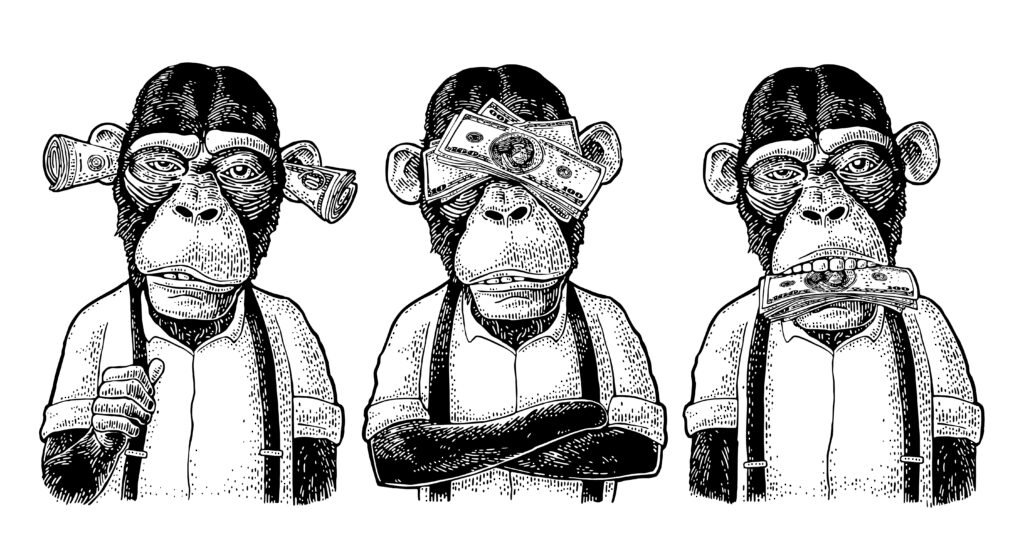Sick Dividends. Big Pharma, High Dividend Stocks, High Growth Stocks, REITs, Closed End Funds & more.
SickDividends.com is a sister site of SickEconomics.com
SICK PICKS
Our favorite dividend shares in today’s stock market. Highlighting companies that stand to profit through innovation, mismatches in share price to market potential, or just plain great economics.
(Stocks may be owned by the Sick Economist, or other commentators on this page.)
JNJ
Johnson and Johnson has been in business for 138 years, and is likely to be in business 138 years from now. This company represents a core part of America’s healthcare infrastructure, launching a dizzying array of novel medicines and cutting-edge medical devices. This American classic will be largely immune from controversies related to international trade, and the firm’s healthy balance sheet is likely to allow it to keep pumping out rising dividends no matter what kind of volatility the American economy endures. A sickly biotech sector may even allow J&J to snap up promising biotech startups at bargain prices, benefiting shareholders by lining the megafirm’s pipeline with exciting new drugs. With 10,000 Baby Boomers per day getting Medicare cards, the firm is set to enjoy unlimited demand for its products for years to come.
IRM
Iron Mountain stores paperwork and data for 95% of the Fortune 1000 companies. If information is the lifeblood of commerce, then IRM is essential to the continued survival of Global Business. The company’s legacy business (paper records storage) provides steady and recurring revenue, while the company’s growth businesses (digital storage and services) create the growth that investors need for the 21st century. Structured as a REIT, Iron Mountain constantly puts that growing cash flow right back into investors’ pockets.
ROST
Ross Dress for Less is likely to survive, or even thrive, in a down economy. In an environment where all competitors import clothing, Ross is well positioned to sell designer and brand names at a lower price than anyone else. Economic pressure is likely to motivate a whole new generation of discount shoppers to try Ross, and they may well like what they find. Ross carries very little debt, and currently pays out only 23% of their profit in the form of dividends; meaning that Ross can likely outlast weaker competitors, while raising its dividend at, or above, the rate of inflation. Ross is a discount name that offers thrifty investors an opportunity to fill their baskets with profit.



